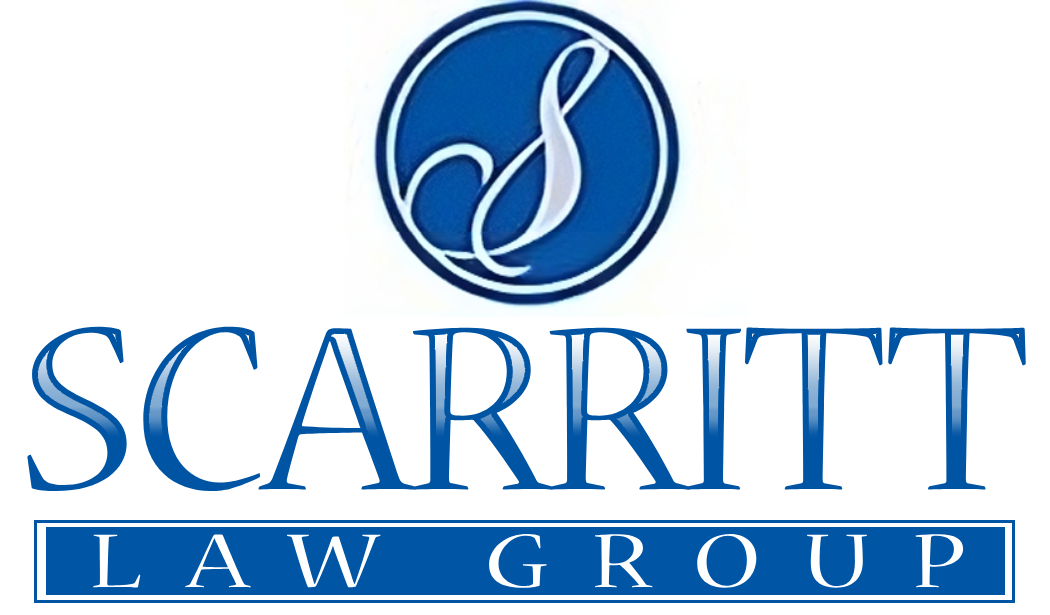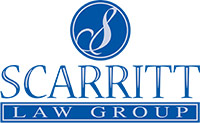Types of Claims
In cases involving First Amendment actions, common issues include censorship, retaliation for speech, and restrictions on religious practices.
Some examples of First Amendment claims include:
- Freedom of Speech: If a government entity censors or restricts speech based on its content or viewpoint, it may be a violation of the First Amendment. For example, if a city council prohibits a resident from speaking at a public meeting because they criticize the council’s policies, this could be a case of censorship.
- Freedom of Religion: When government actions interfere with an individual’s religious practices, it can lead to a First Amendment claim. For instance, if a public school prohibits students from wearing religious attire, such as a hijab, it may be infringing on their freedom of religion.
- Freedom of the Press: Restrictions or retaliatory actions against journalists for their reporting can constitute a violation of press freedom. For example, if a government agency denies press credentials to a journalist because of their critical reporting, it could be a First Amendment issue.
- Right to Assemble: Restrictions on peaceful assembly or protests can lead to First Amendment claims. For instance, if a city imposes unreasonable restrictions on where or when a protest can occur, it may violate the right to assemble.
- Right to Petition: If a government body retaliates against an individual for filing a complaint or petitioning the government for redress of grievances, it can be a First Amendment violation. For example, if a public employee is fired for filing a whistleblower complaint, they may have a First Amendment claim.


